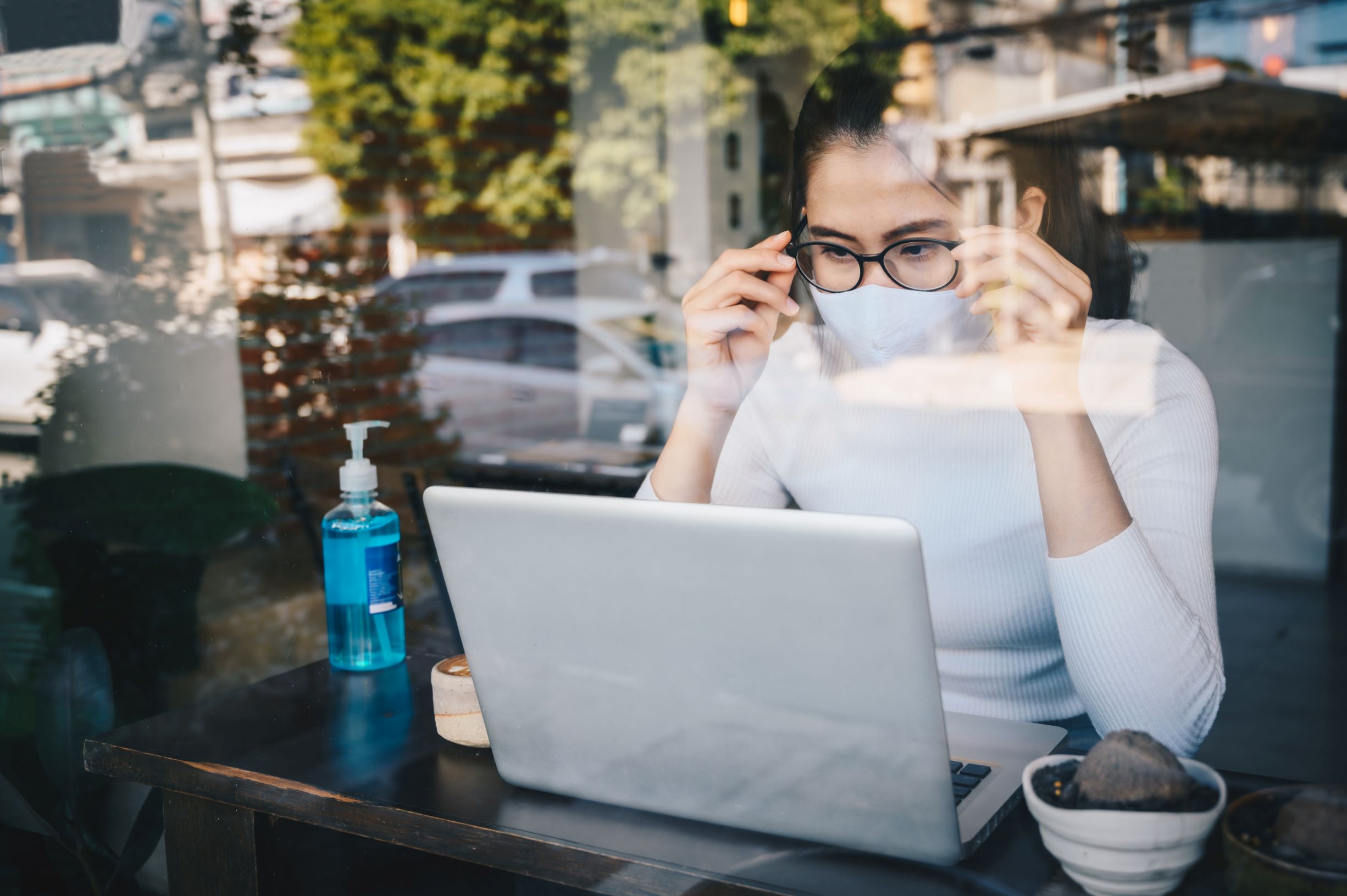By Liz Thomas, Regional Digital Safety Lead, Asia-Pacific
It has been an extraordinary year by any measurement: a year of challenge and of transformation. As we all continue to navigate the ongoing impact of the COVID-19 pandemic, we at Microsoft have taken stock of the impact on our lives online. And, unsurprisingly, the pandemic has also taken a toll on digital civility.
To mark Safer Internet Day in February 2021, we released research results showing that 26% of people thought that online civility was better during the pandemic, attributed to people helping one another and a greater sense of community. These results were from the fifth year of our annual study, “Civility, Safety, and Interactions Online – 2020”. That survey was fielded early in the pandemic, in April- May 2020.
A year later, we have the results of our sixth study, fielded in April-May 2021, which show that respondents in 82% of the 22 countries surveyed reported that civility was worse during COVID-19. In the Asia-Pacific region, respondents in the Philippines reported the sharpest net-negative sentiment, with 50% saying that online civility has been worse during the outbreak.
In contrast, only 18% of respondents in Australia thought that COVID-19 had made online interactions worse. Respondents in India, which has recently been particularly affected by the pandemic, were evenly split: 34% thought online civility was better, and the same number thought it was worse. In Singapore, by contrast, 59% of respondents thought there had been no change.
COVID-19 and year six Digital Civility research
This latest study, “Civility, Safety and Interaction Online – 2021,” polled teens aged 13-17 and adults aged 18-74 about their exposure to 21 online risks across these four categories:
| 1. Reputational | “Doxing” and damage to personal or professional reputations |
| 2. Behavioral | Being treated meanly; experiencing trolling, online harassment or bullying; encountering hate speech and microaggressions |
| 3. Sexual | Sending or receiving unwanted sexting messages and making sexual solicitations; receiving unwanted sexual attention and being a victim of sextortion or non-consensual pornography (aka “revenge porn”) |
| 4. Personal/intrusive | Being the target of unwanted contact, experiencing discrimination, swatting, misogyny, exposure to extremist content/recruiting, or falling victim to hoaxes, scams or fraud |
Last year we added new questions about the impact of COVID-19, intended to help gain insight into people’s online experiences and behaviors during an unprecedented time – and a time when we all relied on internet connectivity as we never had before. Thirty percent of respondents in our latest research said online civility was worse due to COVID-19, as opposed to 22% in 2020. You can find out more about the global results here.
This year’s survey marks the sixth straight year of Microsoft’s digital civility research and builds on similar studies in each of the last five years, conducted in varying geographies. The full results will be released in February 2022, to mark Safer Internet Day.
COVID-19 fatigue is one possible explanation. In 2020, 60% of those who said that civility was worse attributed it to people taking out their frustrations online – this has now grown to 67%. In the Asia-Pacific region, 50% of respondents said that people are less tolerant, and 60% cited a greater number of personal attacks or negative comments. Experiences with false and misleading information during the pandemic have varied across the region: 49% of respondents in Australia cited an increase in its spread, compared to 82% of respondents in the Philippines, 67% in India, and 61% in Singapore.
In some good news, for those who thought online civility was better during the crisis, 62% of respondents in the region thought more people were reconnecting with friends and family, and 61% saw more people helping other people.
Setting ourselves a collective challenge
This year, we also asked people about the tenor of their interactions in different online spaces. Globally, 46% of respondents thought that interactions on social media had been less civil during the pandemic, while 42% thought personal video had become more civil, as did 35% of people on messaging. It appears that people have been more civil in their discussions and conversations in private settings, as opposed to public ones.
As parts of the world slowly begin to re-open, we are still hugely reliant on digital technologies to empower us to work, play, and learn. These research results are a reminder of the continuing need to treat each other with kindness and respect, online and offline, and in public and private spaces. One way to do that is by taking Microsoft’s Digital Civility Challenge: everyone can commit to Live the Golden Rule; respect differences; pause before replying; and stand up for oneself and others.
Learn more about the challenge here and visit our updated website and resources page for additional advice and guidance on online safety issues.
About Microsoft
Microsoft (Nasdaq “MSFT” @microsoft) enables digital transformation for the era of an intelligent cloud and an intelligent edge. Its mission is to empower every person and every organization on the planet to achieve more.

